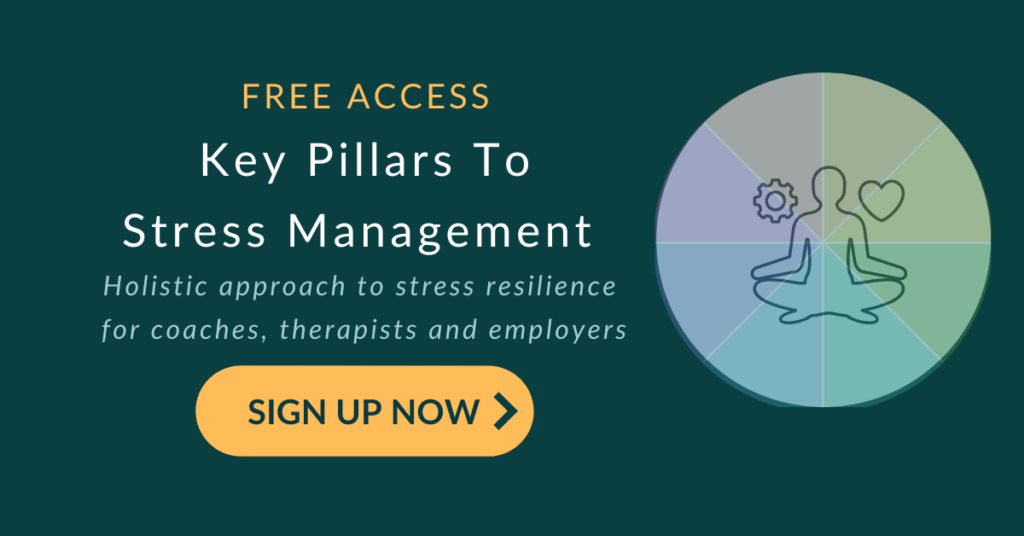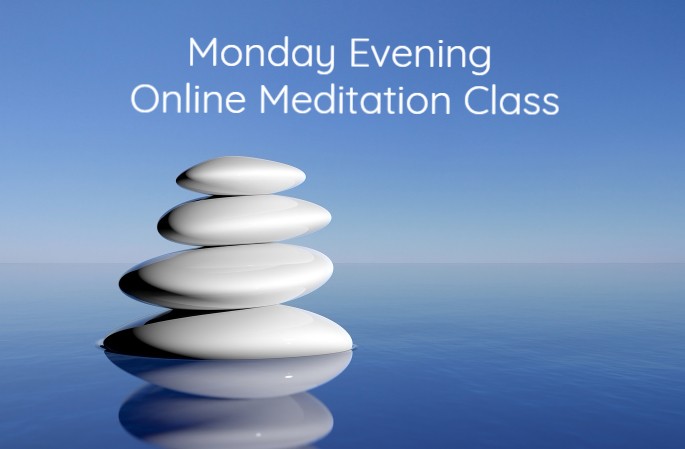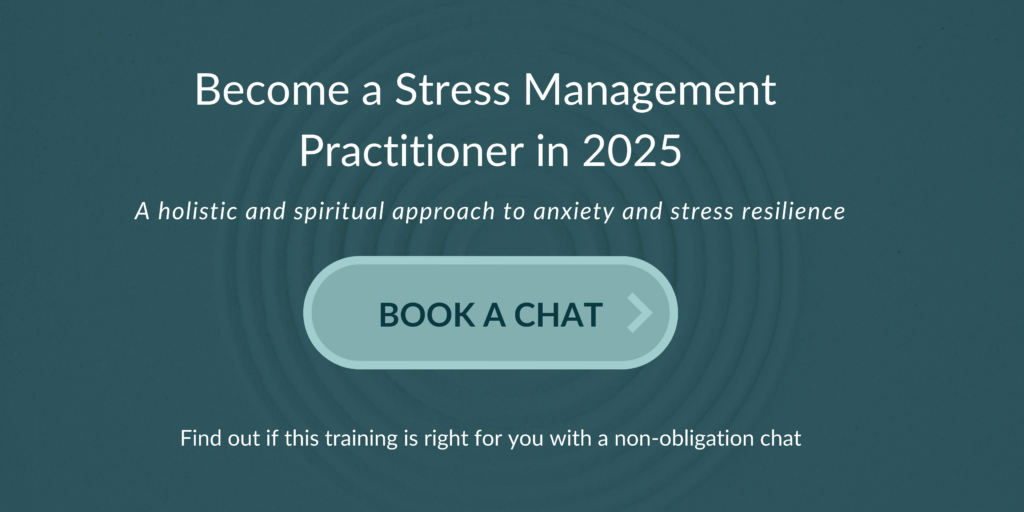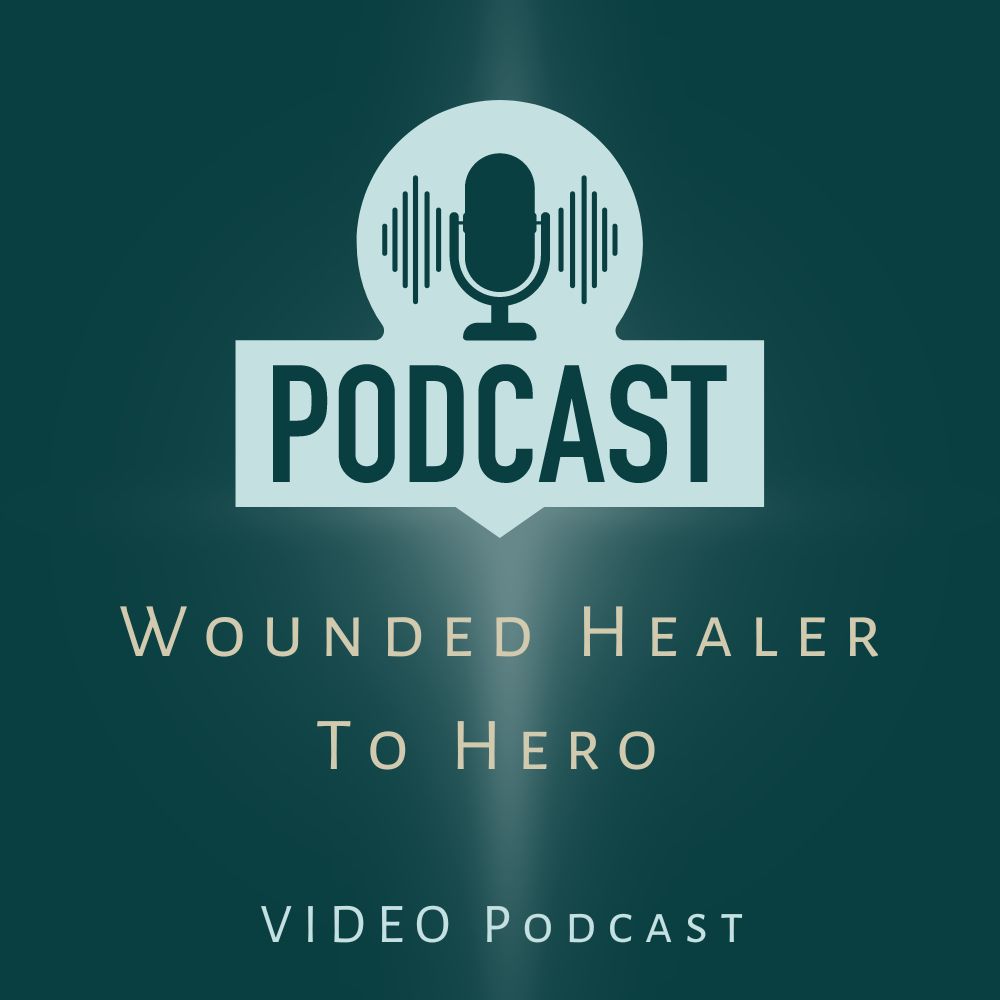Therapists Why You Don’t Know What You Don’t Know.
Why As Healer and Therapists, You Don’t Know What You Don’t Know Until You Do. Why everyday is a a school day. And it is important to know as a therapist, there are some things we only learn from experience; the right training, awareness, and self-awareness and from a certain- level of consciousness.
Why being an effective therapist, healer or coach involves the right skills, knowledge, and good awareness.
And the ability to ask the right questions and truly listen.
Why You Don’t Know What You Don’t Know
You Don’t Know What You Don’t Know is a term I use when working with my relaxation therapy students and marketing clients. And what I am referring to is the importance of approaching every client, patient, student, or even situation with fresh eyes.
Being an effective therapist involves not just getting the right quality training, and developing the right skills but awareness and self-awareness. Being able to put our ego to the side and not make assumptions, jump to conclusions or over generalise.
Being a great therapist, a healer even a coach involves a lot of on-the-job learning and aha moments. Which only comes from a more open mind. But sometimes if we don’t get the right training or don’t have the right knowledge we don’t know what we don’t know.
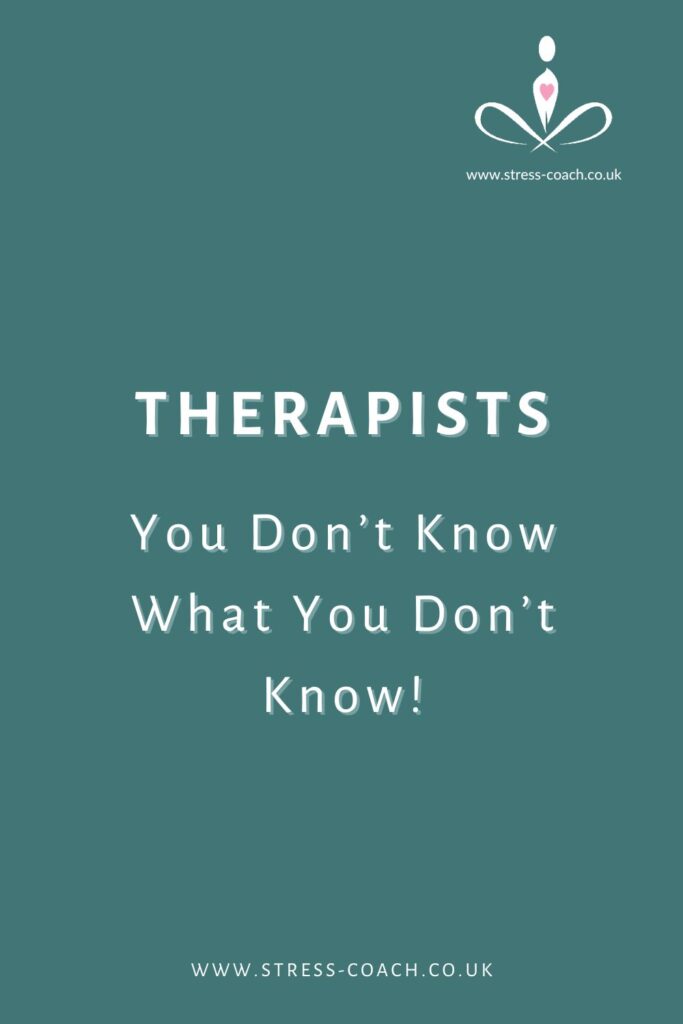
What I Learned As A Client, Patient
The reality is we don’t know what we don’t know until something is brought to our conscious awareness or into our level of understanding. I see this a lot with therapists and coaches who tend to just invest in fast-track training or people who add the word coach to their name or business who have had no coaching training.
Even when we are taught certain things, there at times in our life when we don’t fully grasp or understand what we are being taught. There are many things I was taught 20, or 30 years ago that I learned but didn’t fully understand till many years later. And things I was taught that were untrue.
And much more I learned as a therapist and healer that came from my own personal therapy or healing experiences. As I tell my students and clients I had many wonderful experiences with many healers and therapists but I had also some extremely shocking and harmful experiences.
But this big life lesson helped me to become more self-reliant and self-independent in my health and well-being choices. Use my own intuition and inner guidance more. Not to automatically assume that the therapist, healer, Dr, or Nurse knew more than me and always was going to do what was TRULY right for me. Because they don’t know what they don’t know and what they think they know might be wrong.
What I Learned As A Client, Therapist, Student
When I began learning Reiki, 30 years ago, although I had some knowledge and interest in holistic therapies, I was at the beginning of my journey and I didn’t know what I didn’t know.
For a variety of reasons I ended up training with more than a few Reiki Masters/Teachers in-fact, I did my 2nd level 3 times. Now this was a HUGE eye-opener for me on different levels.
Because each teacher taught differently and one was so vague in her teaching the situation made me question if she was indeed a fully qualified reiki master and teacher.
Each teacher’s level of experience, depth of knowledge, and insights were completely different. In fact, everyone taught the reiki symbols differently.
So when I became a Reiki Teacher myself and students had done another level with another teacher, I would go over the different levels to check we were on the same page.
If I am being honest, I was stuck for words at how many students were never given manuals or if they did how small and thin the manuals were. And some of the things they were taught by their teachers.
What You Don’t Know When There Is NO Standardisation
There was no standardisation a lot of personal views and personal understandings thrown in. Now I am not necessarily saying this was good or bad, but it did make me question things.
It did niggle at me and you know years later after being taught many different types of healing modalities, from many different types and levels of healers and spiritual teachers around the world. I realised that many of the things we are taught are often taught by that teacher or healer’s lens.
Many of these healing modalities and spiritual laws contradicted others, even though everyone would describe them as coming from source. The energies felt different and from what I have witnessed from many healers I know. Some of these modalities seem to work much deeper and quicker than others.
I also saw huge differences in quality and levels of teaching. But I also witnessed healers and therapists selling their therapies for everything and anything, having clients come to them for years, with no significant differences. When in reality their healing modality wasn’t generally the most effective therapy for certain conditions or challenges.
We Don’t Always Have The Answers Or Tools For Every Client
Now of course we don’t always have the answers or a magic wand. In-fact no therapist or healer with have all the answers or solutions for every client or person they meet. But with the right awareness and integrity can approach the situation with more honesty and grace.
The best thing a therapist can say sometimes is I DON’T KNOW, and maybe I need to learn more or ask the client more.
It is one of the reasons in my Relaxation and Stress Management Training I teach not just over 20 different stress management and stress resilience techniques to suit different types of clients.
But I help my students to nurture more awareness, ask the right questions, listen, and become good at critical thinking. And of course send clients to someone else when it is appropriate to do so.
I teach how to ask the right questions. And to avoid premature conclusions.
In the Stress Management Practitioner Training, they learn a variety of different tools in their anxiety and stress-busting toolkit. But they equally need to be open-minded enough to see things from a holistic approach, which can often mean pushing past their own judgments, presumptions, and beliefs,
We all have HUGE blind spots in our awareness, knowledge, and expertise. We don’t know what we don’t know until we do.
Do No Harm First
We are taught as therapists and health practitioners that our role is to DO NO HARM FIRST. The reality is naivety, lack of experience, and lack of awareness can be the very thing that causes harm.
I have met so many clients and students who felt more damaged by the therapists or health practitioners who were supposed to support them. My own health journey says it all.
One hypnotherapist said to me while in a hypnotic state let’s fix your broken brain. One therapist told me to put something in my eye telling me it was perfectly safe for my condition when it dropped my eye pressure so low that my eye specialist told me it made my eye so soft it could have well have popped out.
One counsellor told me my M.E. was not a real illness and was all in my head because of something she read. Another Dr once told me the reason I had M.E. was that I didn’t have a boyfriend.
My own GP mocked me when I told them I thought I was losing my sight, years later it was discovered I had a hole in my eye and had threatened eye loss…
Just a few of the things that I personally experienced that taught me that We Don’t Know What We Don’t Know and we never stop learning.
We may have certain strong beliefs but if we don’t have an inquiring or open mind we can struggle to be objective, look at things from different views and directions.
In a counselling, healing, or therapy session, we are only getting a glimmer into a person’s life.
Their present and past lifestyle and history, their level of physical, mental, and emotional trauma, or other exposures. That is why it is so important to approach each client individually and holistically.
And understand we don’t know everything, we don’t have all the answers and that is okay. In-fact it’s when we think we know everything there or even know the client’s body better than they do we often have a problem.


